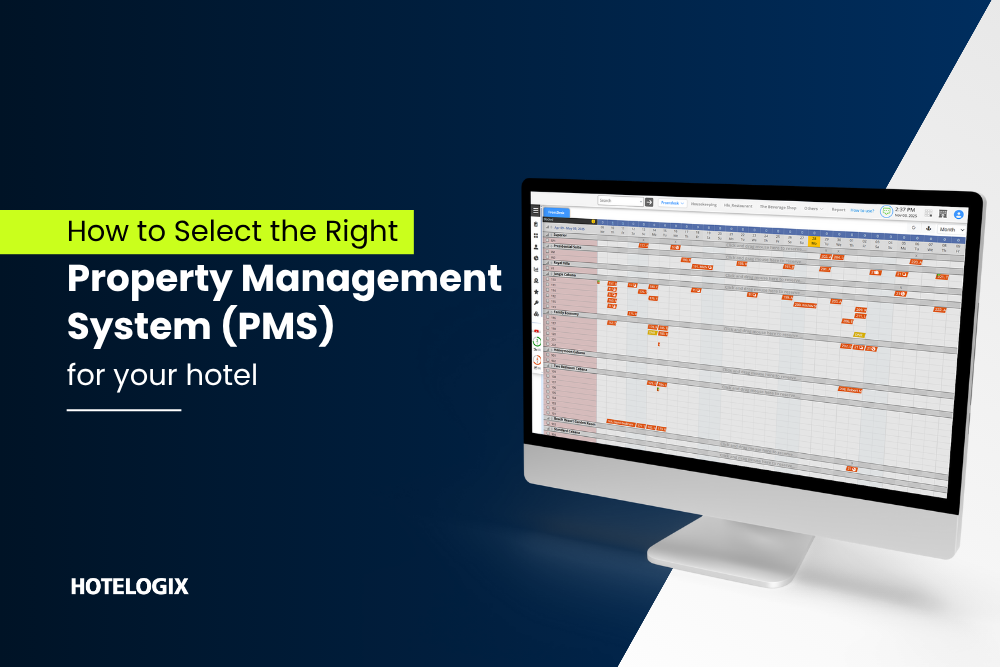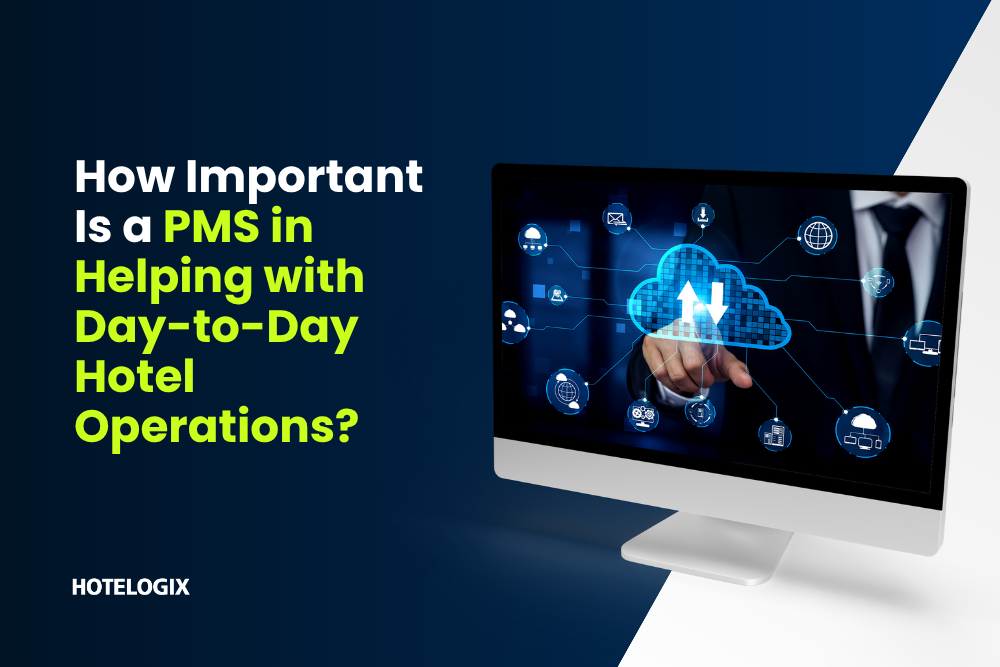Hoteliers love technology – and with good reason. Without it, they’d have no chance of competing with the larger multi-property groups that have been dominating the industry since the early days. Cloud based technology such as revenue management tools, property management systems, distribution platforms, and so on have enabled independent hoteliers to attract guests from around the world. It’s enabled them to lower their operating costs, increase efficiency, save time for staff, and even improve the guest experience!
Hotel technology will witness significant improvements this year and according to the 2016 Lodging Technology Study, 54% of hotels will spend more on infrastructure in 2016. Let’s take a look at some of the areas where we can expect to see improvements this year.
Perfecting Mobile Capabilities –
Millennials are on their way to replacing Gen Xers as the primary decision making majority today. And unlike their preceding generation, millennials place a lot of value on mobile devices. The ease and convenience offered by smartphone technology and all the apps available today means that travelers have now become conditioned to expect almost everything on their phones. And hotels are obliging. This year will see a lot of hotels – large as well as independent – take their brand directly to the mobile platform with their own apps. Apps that allows guests to book rooms, check-in, control the lighting, and even order room service. Pre-arrival communication is a critical yet often overlooked part of the whole process and with these apps, hotels will be able to communicate with guests directly. But the user experience doesn’t end there. Once beacons are incorporated into the various POS terminals at the property, these hotel apps will be able to make use of location-based technology to detect guests in close proximity to say, a gift shop. These guests can then be alerted about special offers and personalized deals as they walk past, improving the chance of them entering the store.
Birth of Connected Devices –
IPv6 deployment is climbing fast and has crossed the 10% mark. This means that more devices can be assigned IP addresses and utilize the internet to network. With the IoT (Internet of Things) entering an executional phase this year, connected devices will be able to utilize the platform to make predictions and take decisions by interacting with other devices. Hotels will soon be able to assign tasks to these devices and automate a number of their workflows, enhancing not just productivity within the hotel, but also the guest experience itself.
Cloud Is The Only Platform –
There’s one catch to having all those connected devices around – data. The sheer volume of data generated by all these devices will be massive, and will quickly outgrow even the largest physical storage units available. In fact, hotels will have nowhere else to turn to but the cloud. With an almost unlimited amount of space and easy accessibility from any part of the world, cloud platforms will witness increased migration over the next twelve months as more and more hoteliers prepare their properties for the a new era in technology. Several management systems are already hosted on the cloud and properties using these systems have observed improved efficiency.
Boosting Internet Security –
A significant proportion of personal data is now housed on the internet and after a few high-profile security breaches, this is an area that business owners everywhere are taking very seriously this year. Hackers are growing in intelligence and security measures must constantly evolve to ensure complete data protection. With mobile devices becoming an increasingly popular choice of payment, hotels are investing heavily in this area to ensure proper safety of data.
Improving Energy Conservation –
Energy costs rank among the highest annual expenditures for most hotels and unsurprisingly, this is an area that many have worked on improving over the past several years – with limited success. Until now. With the IoT and its connected devices running the show, hoteliers will be able to view energy conservation in a whole new light. Intelligent devices fitted with connected technology would be capable of detecting unnecessary power usage – lights left on in an empty room for instance – and even take corrective action without any involvement from the hotel staff.
With hotel technology scaling new heights every year, it’s only a matter of time before we reach a stage where lobbies don’t even have front desks anymore right? Not likely! Because as efficient as technology enables us to be, there is and never will be a substitute for human interactions.





